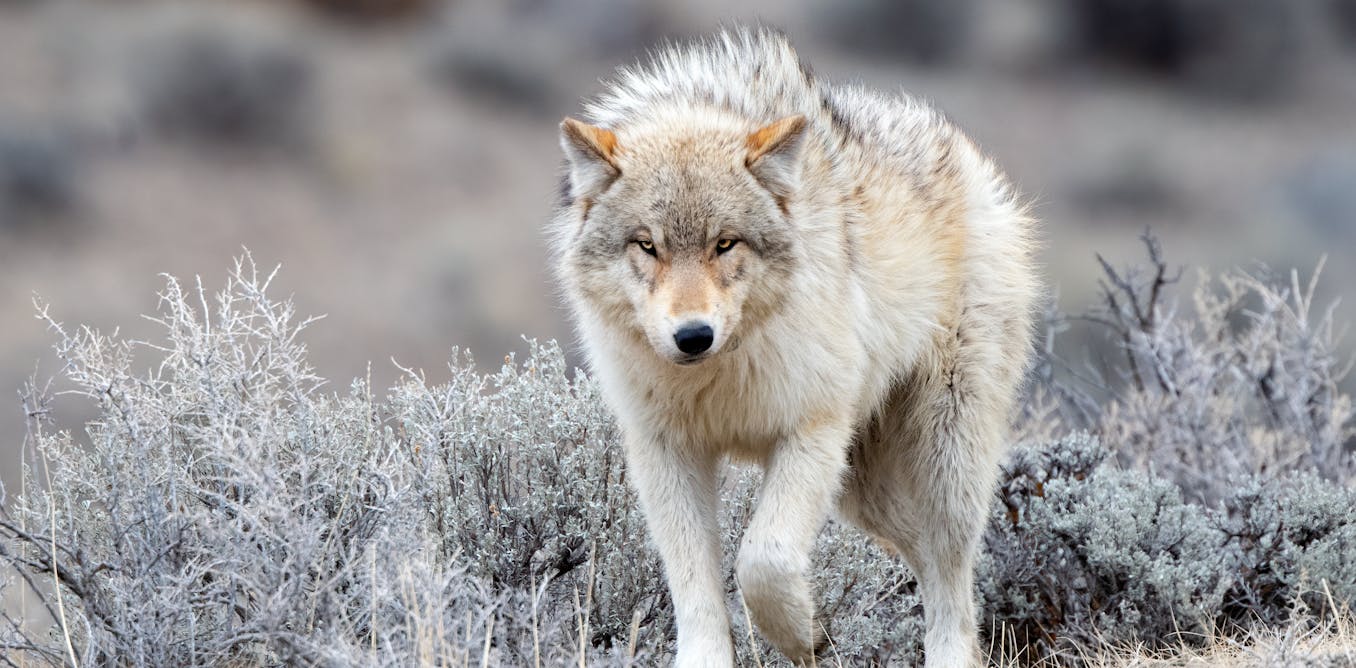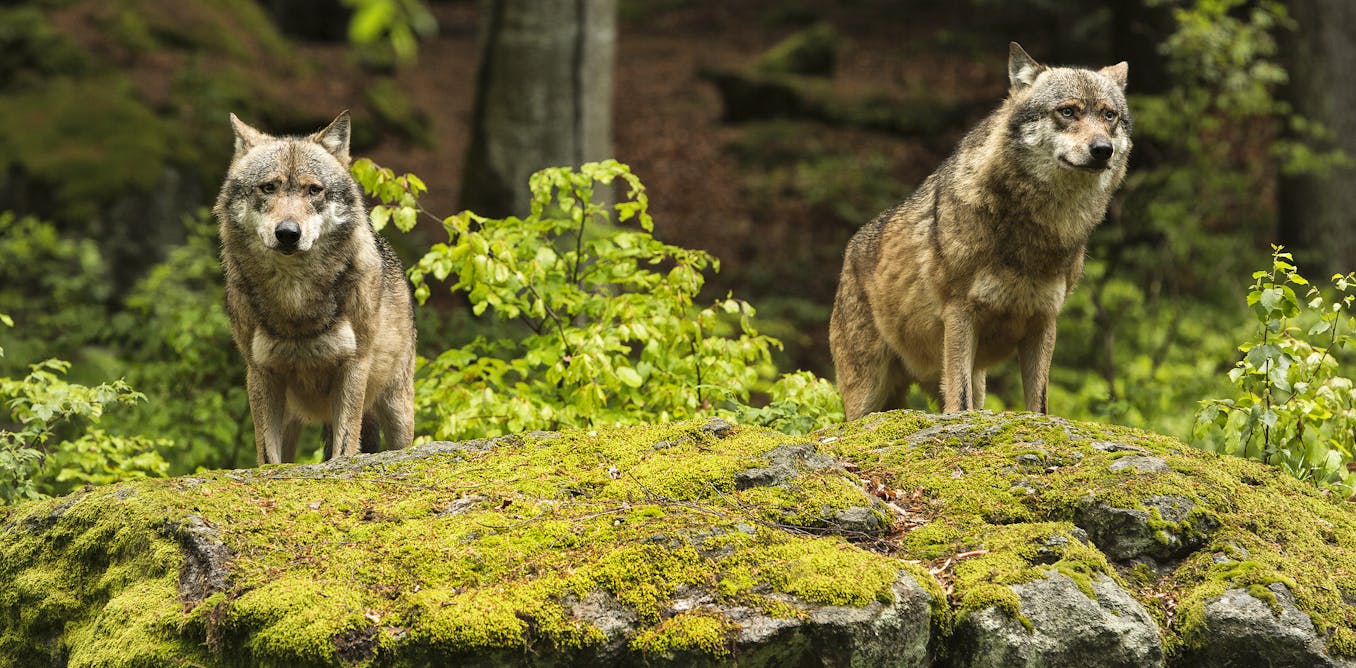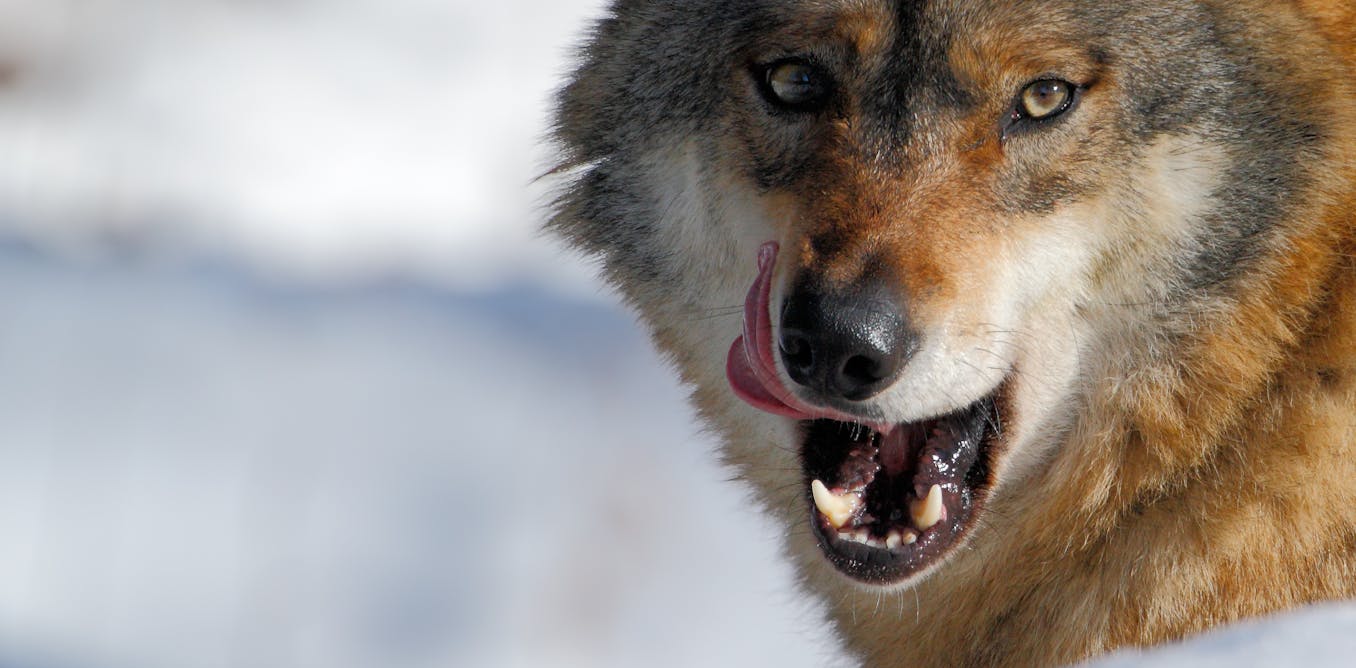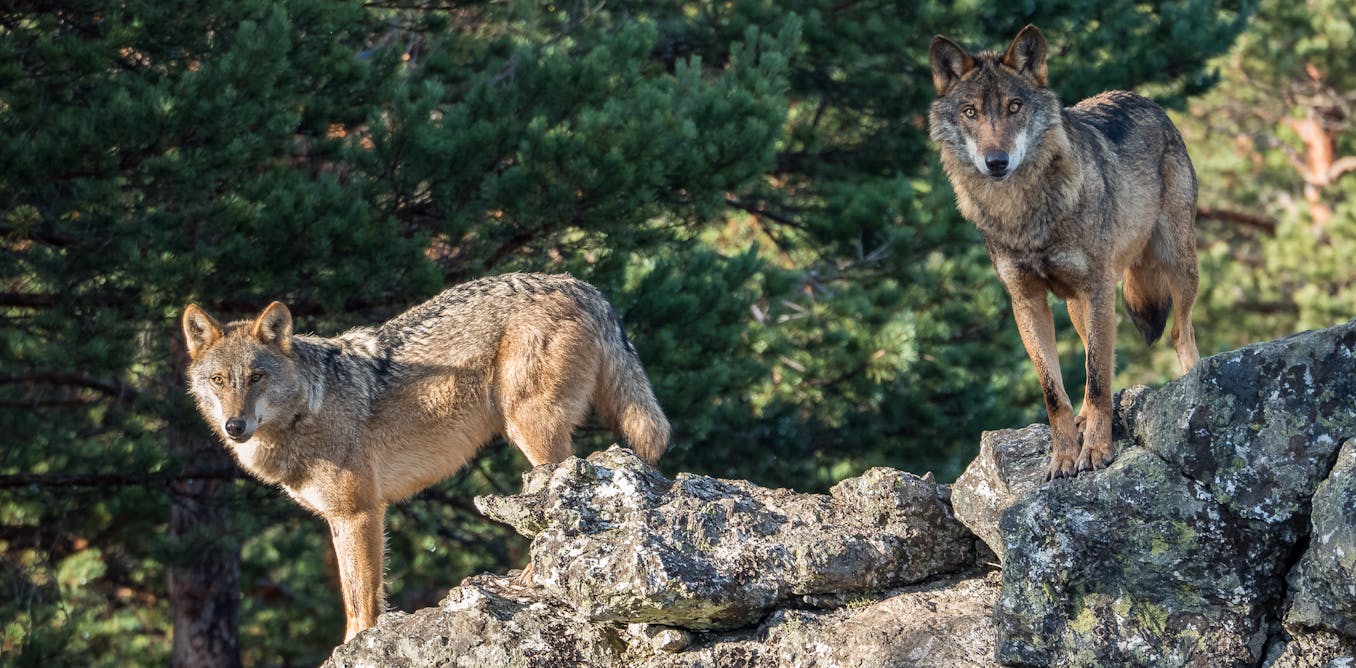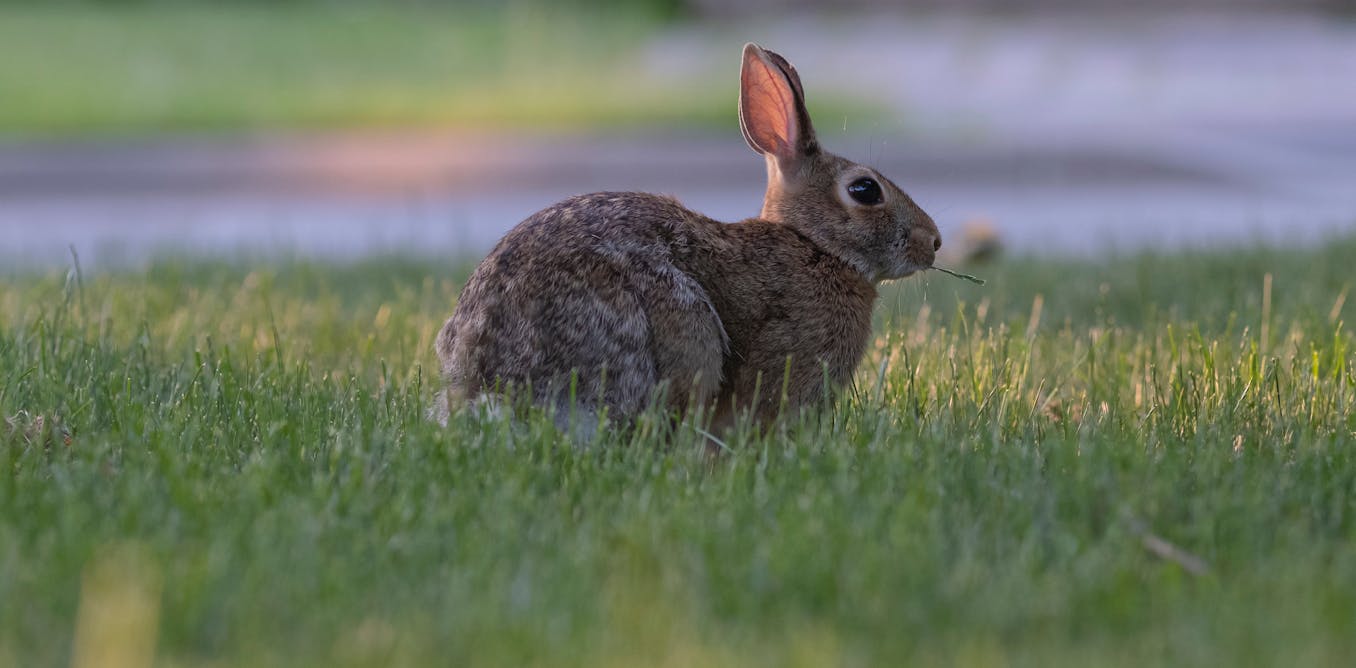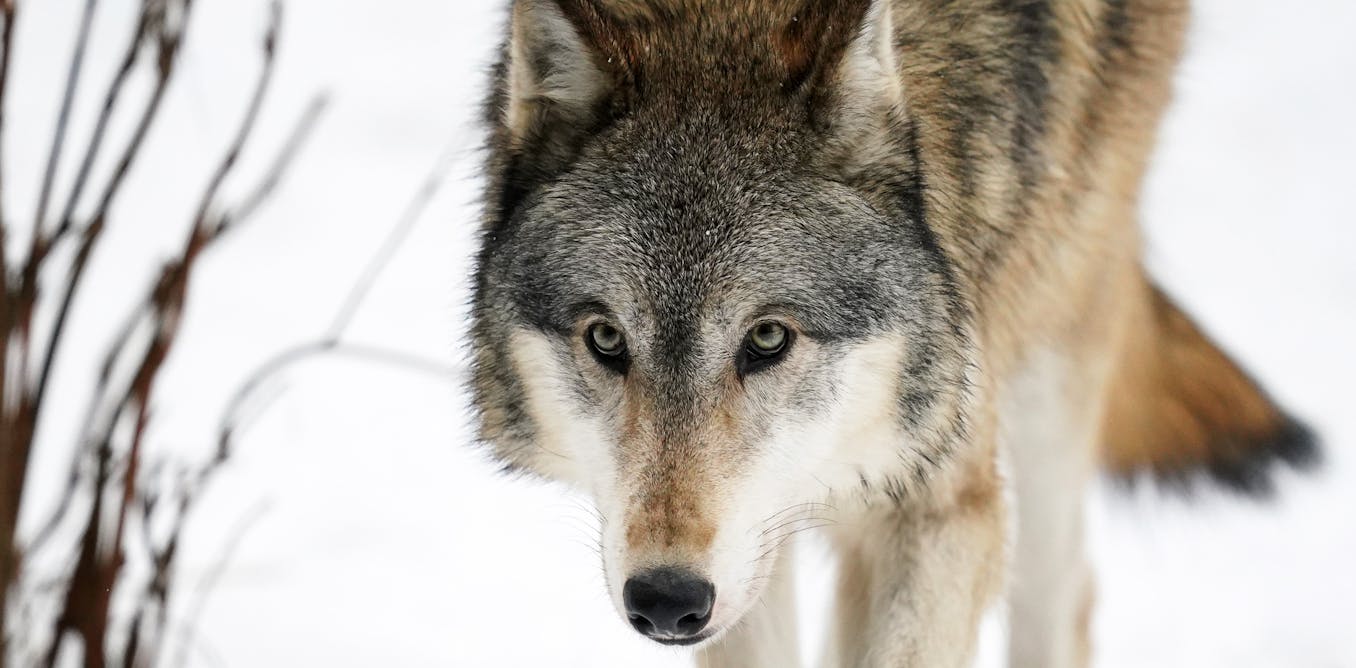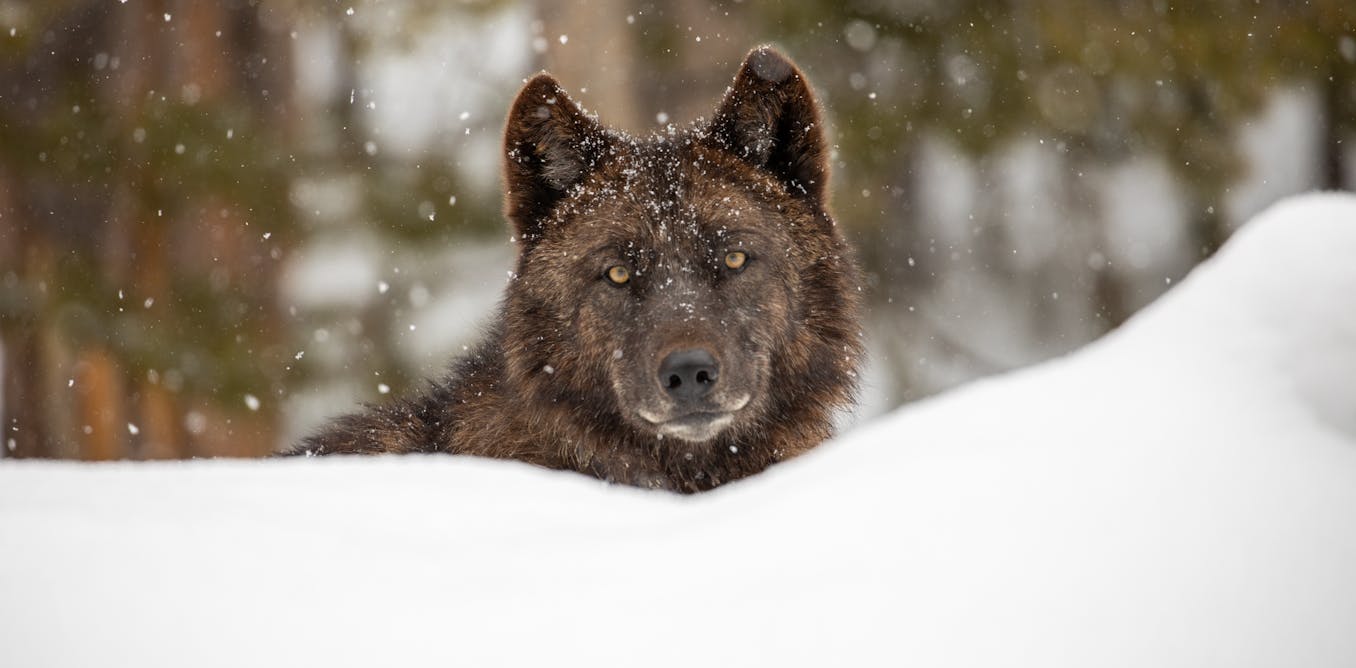After an 80-year absence, gray wolves have returned to Colorado − here's how the reintroduction of this apex predator will affect prey and plants
At one time, perhaps as many as 2 million gray wolves roamed the North American continent. But now those numbers are down to a few thousand.
Jan. 10, 2024 • ~7 min

